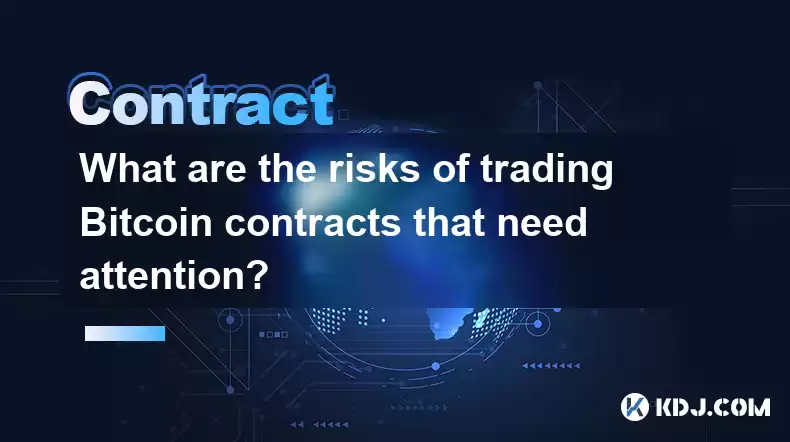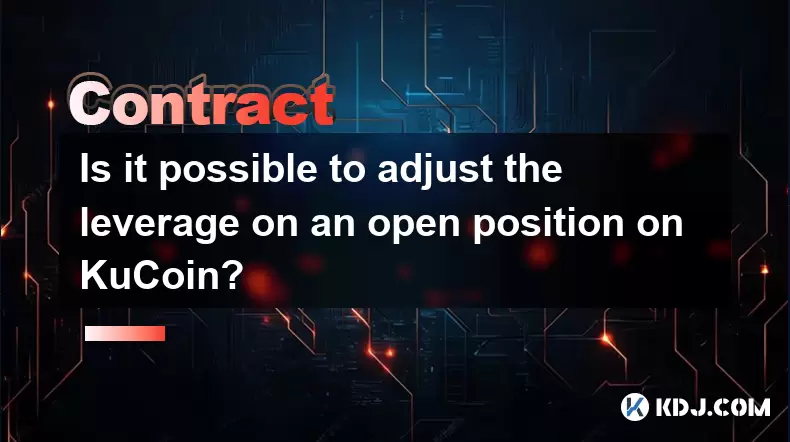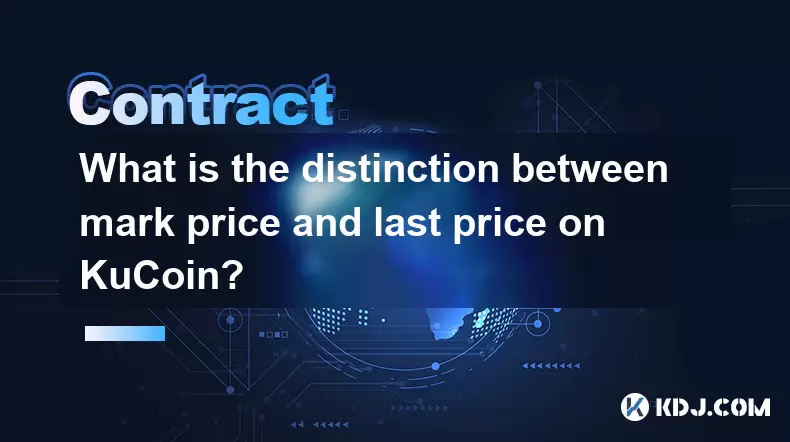-
 Bitcoin
Bitcoin $118300
1.01% -
 Ethereum
Ethereum $4215
0.69% -
 XRP
XRP $3.198
-3.83% -
 Tether USDt
Tether USDt $1.000
-0.01% -
 BNB
BNB $803.4
-0.53% -
 Solana
Solana $180.3
-0.67% -
 USDC
USDC $0.9998
-0.01% -
 Dogecoin
Dogecoin $0.2334
-1.49% -
 TRON
TRON $0.3394
0.86% -
 Cardano
Cardano $0.7980
-1.45% -
 Chainlink
Chainlink $22.19
6.65% -
 Hyperliquid
Hyperliquid $43.41
0.13% -
 Stellar
Stellar $0.4407
-3.13% -
 Sui
Sui $3.843
-2.24% -
 Bitcoin Cash
Bitcoin Cash $564.7
-3.74% -
 Hedera
Hedera $0.2588
-3.41% -
 Ethena USDe
Ethena USDe $1.001
0.00% -
 Avalanche
Avalanche $23.64
-3.37% -
 Litecoin
Litecoin $120.0
-4.01% -
 Toncoin
Toncoin $3.342
-1.11% -
 UNUS SED LEO
UNUS SED LEO $9.038
0.60% -
 Shiba Inu
Shiba Inu $0.00001347
-0.81% -
 Uniswap
Uniswap $10.69
-4.58% -
 Polkadot
Polkadot $4.034
-1.30% -
 Dai
Dai $1.000
0.01% -
 Bitget Token
Bitget Token $4.472
-1.52% -
 Cronos
Cronos $0.1571
-3.04% -
 Pepe
Pepe $0.00001207
-2.21% -
 Monero
Monero $273.8
-3.19% -
 Ethena
Ethena $0.7520
2.75%
What are the risks of trading Bitcoin contracts that need attention?
CFD trading in Bitcoin involves substantial risks due to price volatility, liquidity constraints, and the use of leverage, highlighting the importance of understanding the underlying asset and implementing effective risk management techniques.
Feb 23, 2025 at 01:12 pm

Key Points:
- Understanding the underlying asset
- Dealing with price volatility
- Mindful of leverage
- Awareness of liquidity risks
- Importance of risk management techniques
Understanding the Underlying Asset
Bitcoin is a decentralized digital currency that operates on a peer-to-peer network. It is not backed by any central authority or government, and its value is determined entirely by market forces. This makes Bitcoin highly volatile, and its price can fluctuate significantly in a short period of time. As a CFD trader, it is crucial to understand the intrinsic characteristics of Bitcoin before entering into any trades.
Dealing with Price Volatility
Price volatility is a defining feature of the cryptocurrency market. Bitcoin's price can move rapidly in either direction, creating opportunities for gains and losses. Traders should be aware of the potential for significant price fluctuations and should carefully consider their risk tolerance before placing trades. Strategies like hedging or dollar-cost averaging can help mitigate price volatility.
Mindful of Leverage
CFD trading platforms often offer leverage, allowing traders to trade with amounts larger than their initial capital. While leverage can amplify potential profits, it also magnifies potential losses. Traders should always trade with caution and only use leverage that they can afford to lose. Uncontrolled use of leverage can lead to substantial financial losses.
Awareness of Liquidity Risks
Liquidity is the ease with which an asset can be bought or sold. Bitcoin's liquidity can vary across exchanges and trading platforms. Traders should be aware of the potential for liquidity risks, especially when trading large volumes or during periods of high market volatility. Choosing platforms with ample liquidity can prevent issues when entering or exiting trades.
Importance of Risk Management Techniques
Effective risk management is essential for successful CFD trading. This includes setting stop-loss orders to limit potential losses, using trailing stop-loss orders to protect profits, and implementing position sizing strategies to balance risk and potential rewards. Traders should also consider hedging strategies to diversify their portfolios and minimize overall risk exposure.
FAQs:
What are the biggest risks for CFD traders in the crypto market?
- Understanding the underlying asset
- Dealing with price volatility
- Mindful of leverage
- Awareness of liquidity risks
- Importance of risk management techniques
What are the benefits of Bitcoin CFD trading?
- Potential for high returns: Bitcoin's price volatility provides opportunities for substantial profits.
- Leverage benefits: Leverage can magnify potential profits, allowing traders to trade with larger amounts than their capital.
- Diversification: Bitcoin CFDs offer diversification opportunities, allowing traders to spread their risk across different assets.
How do you mitigate the risks of Bitcoin CFD trading?
- Understand the underlying asset and its price characteristics.
- Trade with a reputable broker that offers appropriate risk management tools.
- Use leverage cautiously and only trade with amounts you can afford to lose.
- Monitor market conditions and adjust your trading strategy accordingly.
- Set stop-loss and trailing stop-loss orders to protect your profits and limit losses.
Disclaimer:info@kdj.com
The information provided is not trading advice. kdj.com does not assume any responsibility for any investments made based on the information provided in this article. Cryptocurrencies are highly volatile and it is highly recommended that you invest with caution after thorough research!
If you believe that the content used on this website infringes your copyright, please contact us immediately (info@kdj.com) and we will delete it promptly.
- Altcoin Dominance, Bull Run, and Blockchain Forecasts: Is AVAX the Sleeper?
- 2025-08-10 22:30:14
- Pi Coin: Crypto Disappointment or Opportunity to Recoup Losses?
- 2025-08-10 22:30:14
- Crypto Presales: Unlocking Generational Wealth with the Best Coins in 2025
- 2025-08-10 22:50:14
- PEPE, Unilabs, and Fundraising: Crypto's Dynamic Duo?
- 2025-08-10 22:55:21
- Bitcoin, ETF Inflows, and Institutional Interest: A Bullish Trio?
- 2025-08-10 22:35:14
- Cold Wallet's Hot Streak: Acquisition, User Growth, and How it Stacks Up Against Ethereum & XRP
- 2025-08-10 20:30:16
Related knowledge

Is it possible to adjust the leverage on an open position on KuCoin?
Aug 09,2025 at 08:21pm
Understanding Leverage in KuCoin Futures TradingLeverage in KuCoin Futures allows traders to amplify their exposure to price movements by borrowing fu...

What is the difference between realized and unrealized PNL on KuCoin?
Aug 09,2025 at 01:49am
Understanding Realized and Unrealized PNL on KuCoinWhen trading on KuCoin, especially in futures and perpetual contracts, understanding the distinctio...

How does KuCoin Futures compare against Binance Futures in terms of features?
Aug 09,2025 at 03:22am
Trading Interface and User ExperienceThe trading interface is a critical component when comparing KuCoin Futures and Binance Futures, as it directly i...

How do funding fees on KuCoin Futures affect my overall profit?
Aug 09,2025 at 08:22am
Understanding Funding Fees on KuCoin FuturesFunding fees on KuCoin Futures are periodic payments exchanged between long and short position holders to ...

What is the distinction between mark price and last price on KuCoin?
Aug 08,2025 at 01:58pm
Understanding the Basics of Price in Cryptocurrency TradingIn cryptocurrency exchanges like KuCoin, two key price indicators frequently appear on trad...

What are the specific maker and taker fees on KuCoin Futures?
Aug 08,2025 at 08:28am
Understanding Maker and Taker Fees on KuCoin FuturesWhen trading on KuCoin Futures, users encounter two primary types of fees: maker fees and taker fe...

Is it possible to adjust the leverage on an open position on KuCoin?
Aug 09,2025 at 08:21pm
Understanding Leverage in KuCoin Futures TradingLeverage in KuCoin Futures allows traders to amplify their exposure to price movements by borrowing fu...

What is the difference between realized and unrealized PNL on KuCoin?
Aug 09,2025 at 01:49am
Understanding Realized and Unrealized PNL on KuCoinWhen trading on KuCoin, especially in futures and perpetual contracts, understanding the distinctio...

How does KuCoin Futures compare against Binance Futures in terms of features?
Aug 09,2025 at 03:22am
Trading Interface and User ExperienceThe trading interface is a critical component when comparing KuCoin Futures and Binance Futures, as it directly i...

How do funding fees on KuCoin Futures affect my overall profit?
Aug 09,2025 at 08:22am
Understanding Funding Fees on KuCoin FuturesFunding fees on KuCoin Futures are periodic payments exchanged between long and short position holders to ...

What is the distinction between mark price and last price on KuCoin?
Aug 08,2025 at 01:58pm
Understanding the Basics of Price in Cryptocurrency TradingIn cryptocurrency exchanges like KuCoin, two key price indicators frequently appear on trad...

What are the specific maker and taker fees on KuCoin Futures?
Aug 08,2025 at 08:28am
Understanding Maker and Taker Fees on KuCoin FuturesWhen trading on KuCoin Futures, users encounter two primary types of fees: maker fees and taker fe...
See all articles

























































































